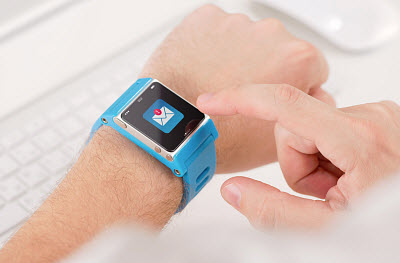These wearable technology gadgets are highly popular but may also be used for legal purposes.
Consumers who purchase and use fitness trackers for the purposes of monitoring their health and activity levels may be surprised to discover that those same devices could actually be used against them in a court of law.
This type of wearable technology can monitor a lot about a person, providing useful legal evidence.
Various types of fitness trackers have been flying off the shelves, from Fitbits to Jawbones and smartwatches. They are used to track your steps and calorie burning, as well as your heart rate and sleep, in some cases. However, in a court of law, this can also provide a considerable amount of information to help to determine what the wearer was doing at the time of an incident. According to Bruce Hagen, an attorney from Atlanta whose firm has a specialty in bicycle accident cases, “This is the same as the black box data you would get on a car or a truck or an airplane.” Hagen has been requesting fitness data from his clients for a year.
The fitness trackers help to show how active a person was before an incident occurred.
![]() While the wearable technology was being used to track the wearer’s activity, it can actually provide a record of that individual’s life. Some situations allow the data to be used to reveal how active a person had been, on average, before an accident, and how that trend changed following a crash. This type of data can help to provide evidence with regards to a person’s honesty about the impact an accident has had on their lives or “it can also catch them in a lie if it comes to that,” explained Hagen.
While the wearable technology was being used to track the wearer’s activity, it can actually provide a record of that individual’s life. Some situations allow the data to be used to reveal how active a person had been, on average, before an accident, and how that trend changed following a crash. This type of data can help to provide evidence with regards to a person’s honesty about the impact an accident has had on their lives or “it can also catch them in a lie if it comes to that,” explained Hagen.
The first time this type of evidence from wearables was ever used was from a case in rural Pennsylvania. As it turned out, the law enforcement officers from the case were the ones who thought of accessing the data from the wearable technology.
The case involved a 911 call in which a Florida woman reported a sexual assault by an unknown intruder while she had been staying at her boss’s home. For a number of reasons, Detective Chris Jones started to doubt the woman’s case as he conducted his investigation. He then realized that she had a Fitbit, and he requested her login and password in order to access the information stored within her tracking account.
The fitness tracker data showed that the wearer had taken around 1,000 steps between the time she claimed to have gone to bed and the time and phoning the police. This evidence held up in court, revealing that she had been taking the steps as she staged the crime scene.

 He said that with the maturity of the market, luxury brands are going to start coming out with their own versions of smartwatches like the
He said that with the maturity of the market, luxury brands are going to start coming out with their own versions of smartwatches like the 